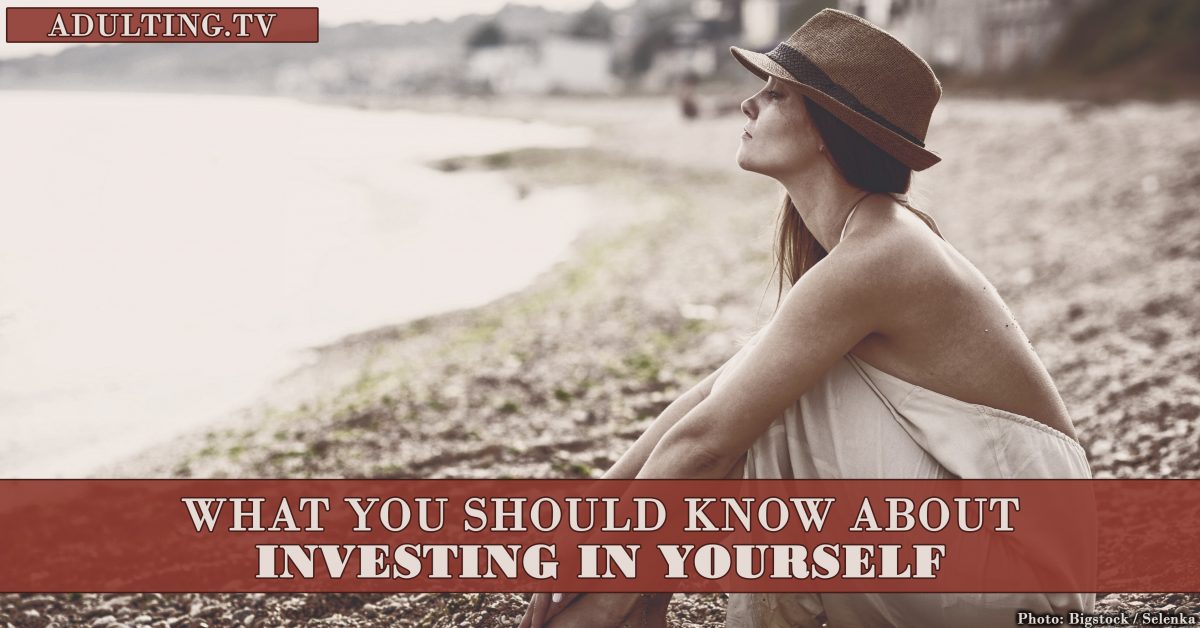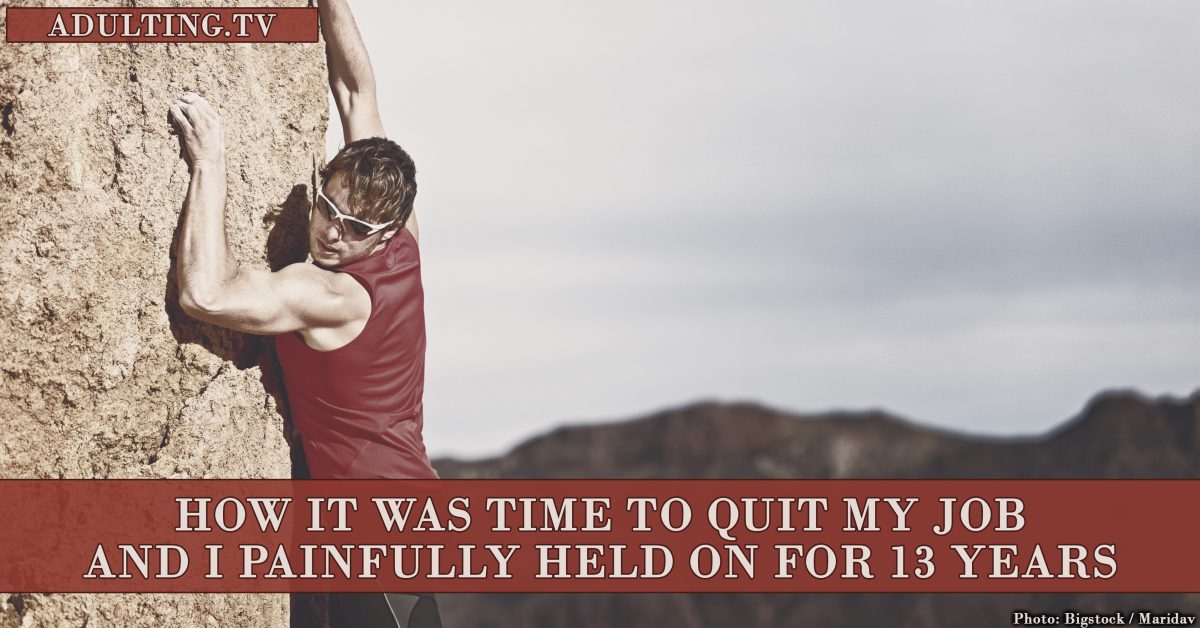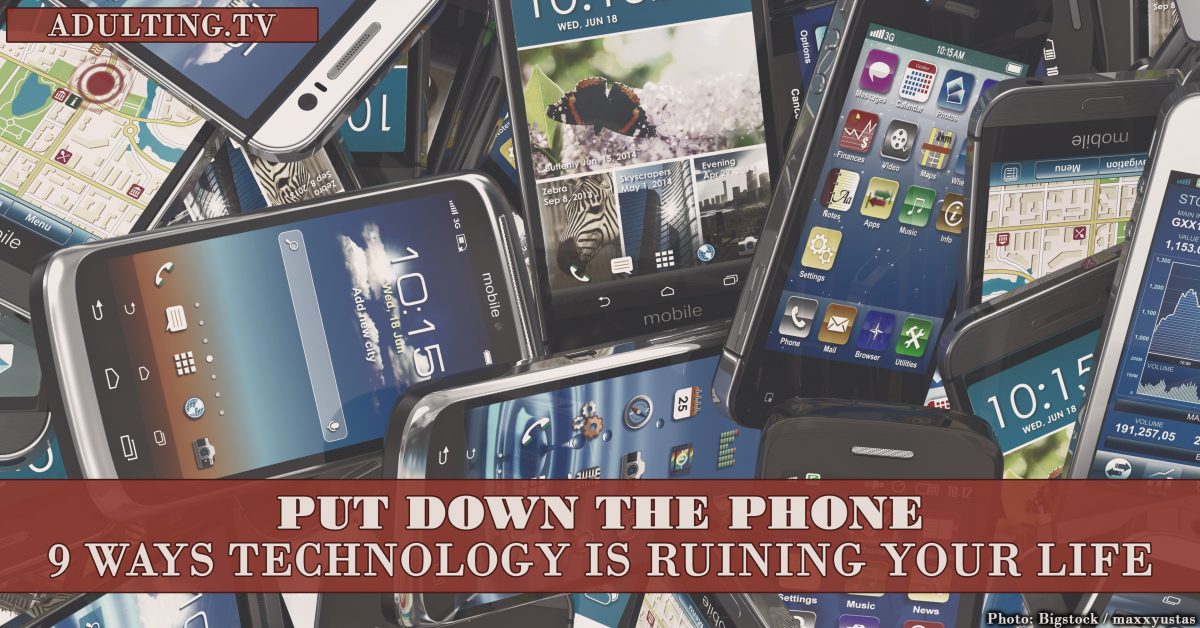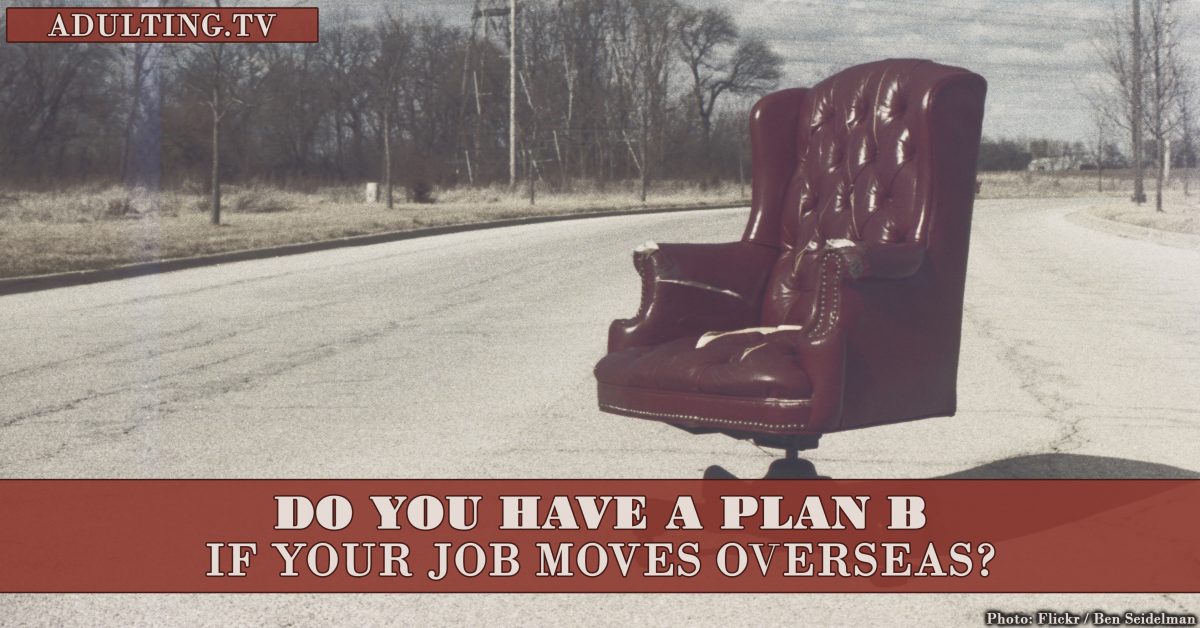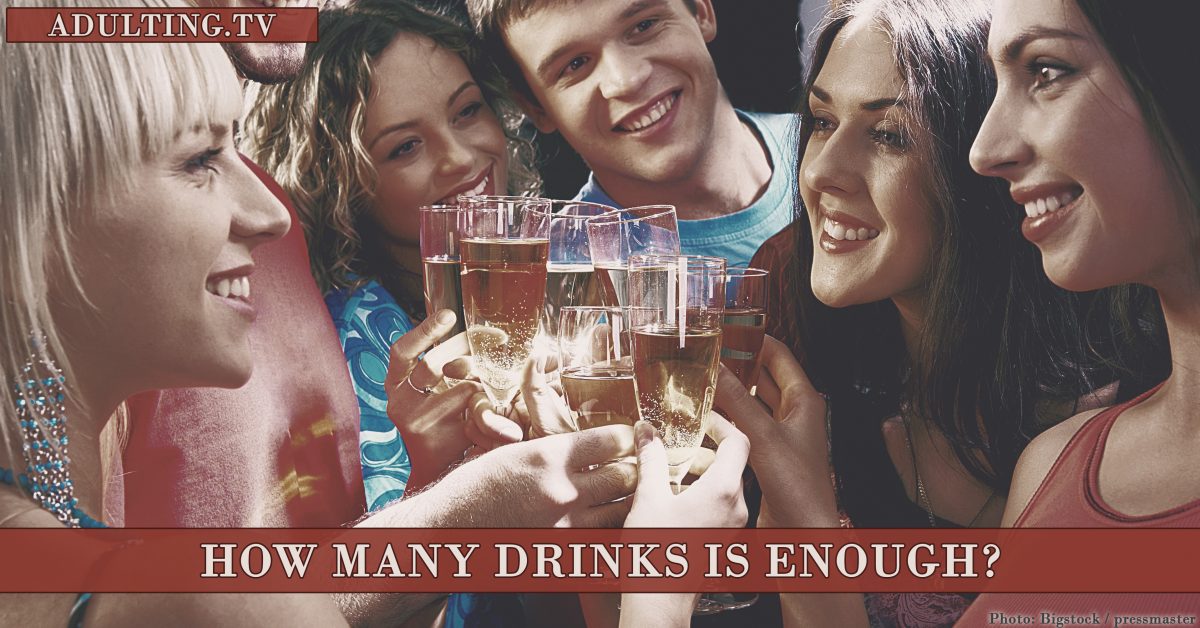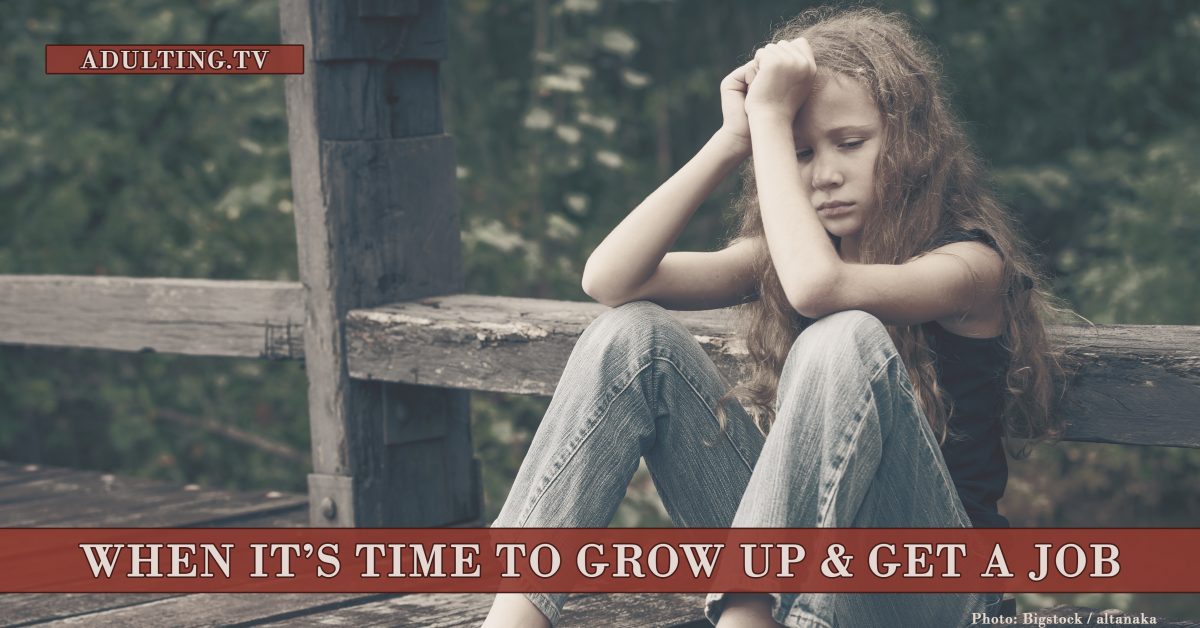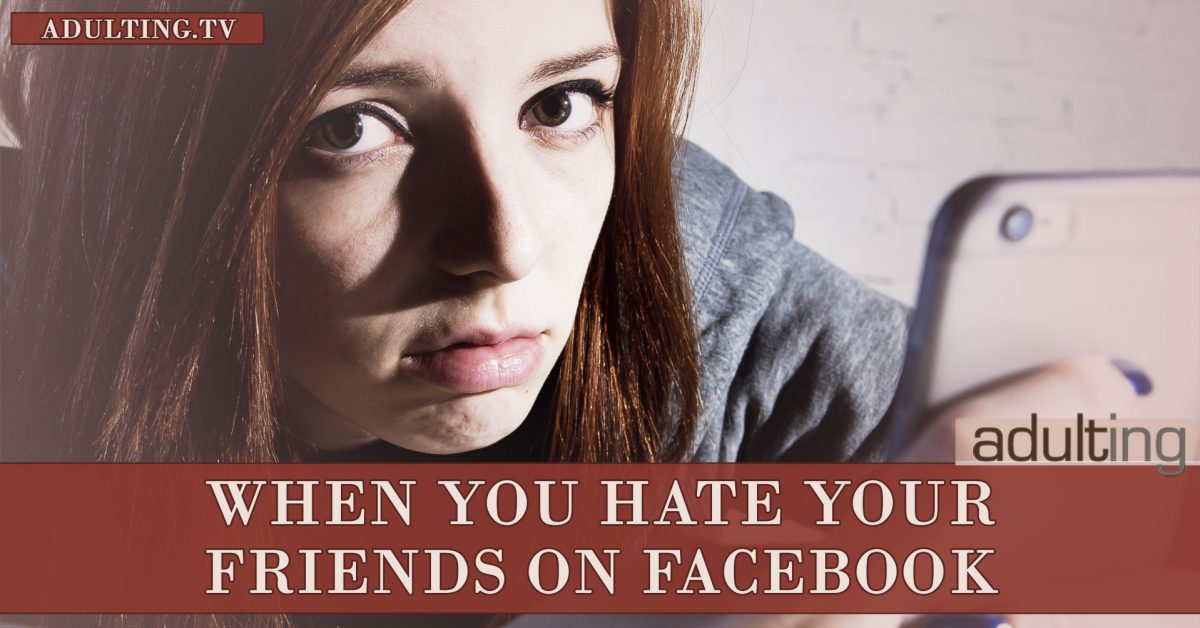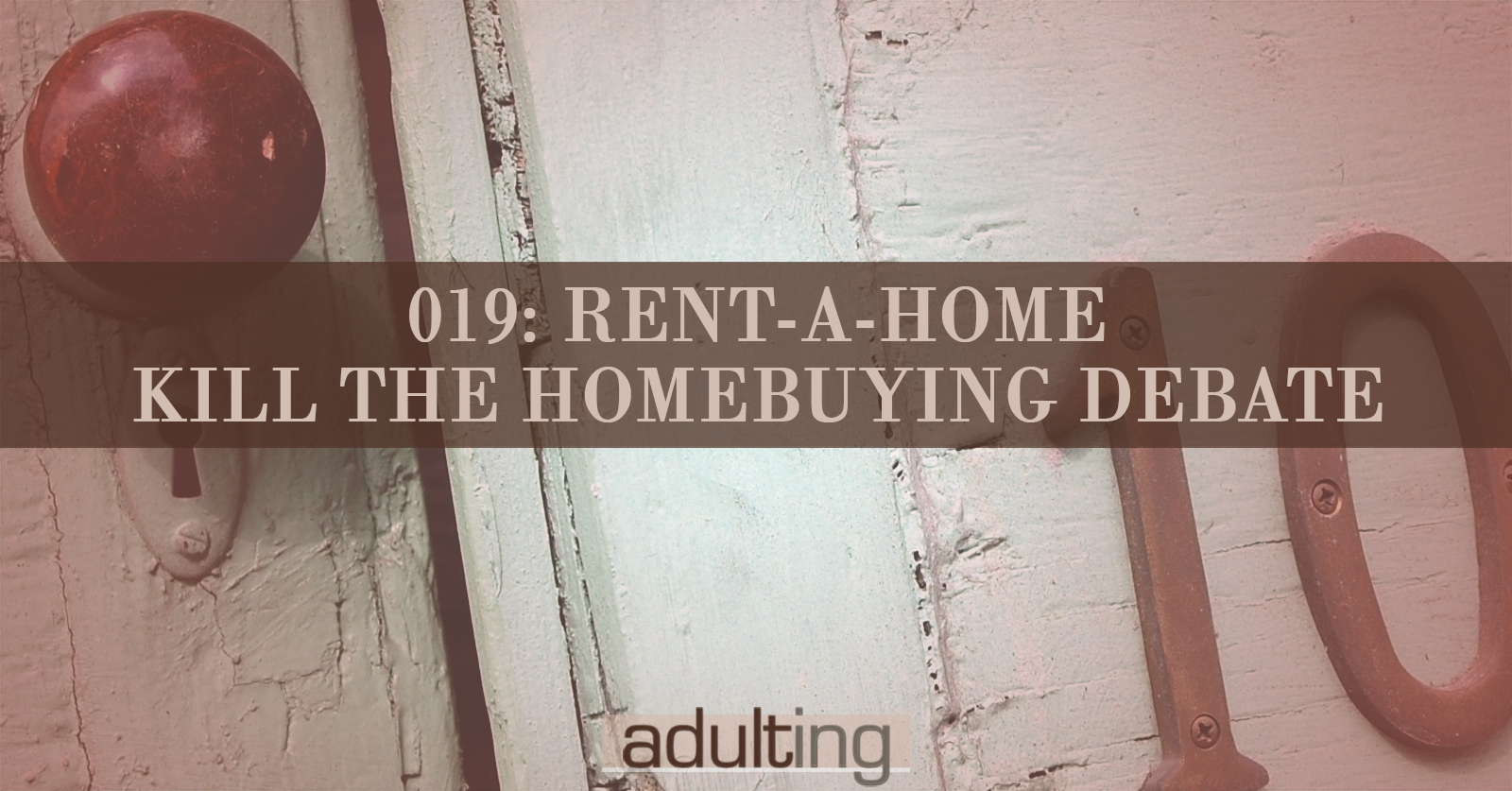If you made it to work Monday morning, congratulations!
You survived life and work for another week. Why does this warrant a celebration?
The leading cause of death in the U.S. is heart disease. The most common time of the week for heart attacks is Monday morning between 4 am and 10 am. Researchers say, “an ‘outpouring’ of stress hormones, such as cortisol and adrenaline, occurs within working people on Monday” mornings.
Americans hate their jobs and are dying not to go!
Monday morning blues and Sunday funday.
A Monday doesn’t go by without a friend of mine posting on Facebook a meme or video expressing their dread of yet another work week. A Friday doesn’t go by without a steady stream of posts celebrating the weekend’s arrival.
A recent study showed that nearly 70 percent of Americans hate their jobs. They’re “not engaged” (17.5%) or are “actively disengaged” (51%). Even before they’ve paid off their student loans, people are over their jobs and checked out.
Most Americans suffer the five stages of grief on a weekly basis. Sunday funday is fun only because it’s the only day of the week many of us enjoy.
Is this you?
The value of investing in yourself.
On average, adults between the ages of 35 and 49 watch 33 hours of television a week, yet 81% of Americans want to write a book.
If you’ve lost passion for your life and work, how will you get that passion back and become the person you’re meant to be? From experience, I can tell you that you must invest in yourself in order to get off the couch and live your dreams.
For about two years, not long ago, I was miserable at my job. My working conditions were horrible and I lost my passion. My life felt like the instructions on a shampoo bottle: Wake. Work. Sleep. Repeat.
I wanted to write a book. By this time, I had a book mostly written. It fell on my list of importance when life became hard and routine and I grew apathetic. I soon realized that either my situation couldn’t continue or I couldn’t.
It was then that I started to make little investments in myself. I started doing 30 minutes of cardio a day. Rather than listen to music while I did my cardio, I listened to motivational speakers.
These little investments were contagious. A half an hour on the treadmill evolved into long weekend runs. Listening to motivational speakers on YouTube turned into listening to motivational and educational podcasts, reading “how to” eBooks, meditating and journaling. I said and did different things and got different results.
Einstein would arguably be proud.
I soon found the courage to quit my soul-sucking job and align with my purpose. I published my book and three more since then. That first book birthed a new career for me and my life has never been better.
This is the value of investing in yourself.
Rescue yourself by growing yourself.
When a plane prepares for take-off, the airline attendant on the plane’s sound systems says, “If there’s a drop in pressure, oxygen masks will fall from the ceiling. Put on your mask before assisting others.” This goes against every mother’s instincts, but a mother can’t rescue her children if she needs rescuing herself.
How are you rescuing yourself?
Whether you want to advance in your current career, start a new career, simply be a better person, or be more helpful, how are you rescuing yourself from “the routine,” “the daily grind,” and “the 9-to-5?”
Are you reading books at nights and on weekends? Are you listening to podcasts when you’re driving to and from work? Are you learning new skills through your current employer or elsewhere? Are you taking webinars at nights and on weekends? Are you eating healthy and exercising?
These are investments in yourself. Many of us make the mistake in thinking that the growing stops upon graduation from school, but graduation is only the beginning of growing. We have many, many more years of learning ahead of us. It’s our responsibility to continue to grow, improve and contribute.
Yet we make up excuses why want can’t do better or be better. We build artificial walls in our minds that rationalize the routine of the 9-to-5 grind. We tell ourselves that we’re not smart enough, educated enough, good looking enough, young enough, old enough, healthy enough, or important enough. My favorite, and the ultimate excuse free with time.
My favorite, and the ultimate excuse, is that you don’t have enough free time.
The dilemma is that someone with similar circumstances as you found and is living their passion. If they can do it, so can you!
Learn the lesson or repeat it.
Your current state is your teacher. Tony Robbins says that “life doesn’t happen to us, it happens for us.” If your current state is depression, stress, or unhappiness, there’s a lesson for you to learn.
When I was first inspired to write my book, that was the whisper. I ignored the whisper and then the inside voice. I ignored the talk and the call. Not until my yelled at me did I heed the call.
If you don’t learn your lesson now, you’ll repeat it until you do. As my experience shows, the only way to get value from the lesson is by investing in yourself.

